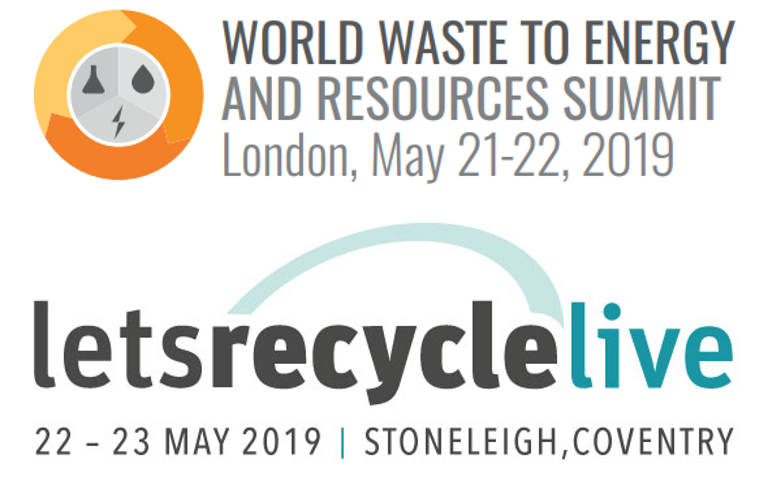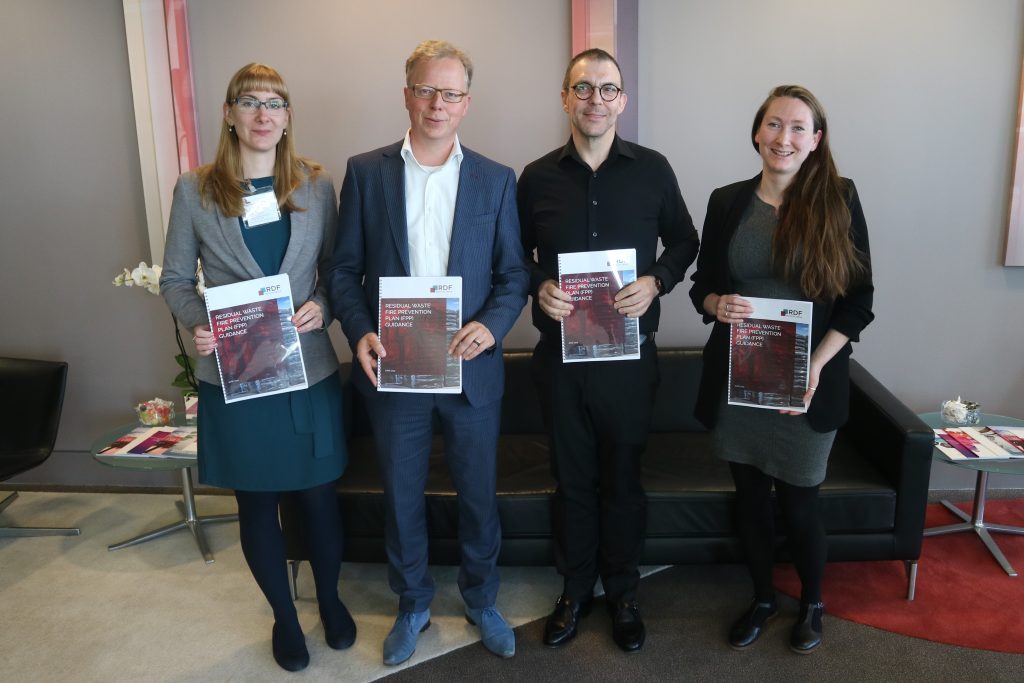The RDF Industry Group has submitted its response to HMRC’s consultation on proposed reforms to the Landfill Tax regime in England and Northern Ireland. The consultation, which closed on 11 July 2025, sets out plans to phase out the lower rate of Landfill Tax and move to a single standard rate by 2030.
Members of the RDF Industry Group manage and process millions of tonnes of RDF each year, ensuring that material not suitable for recycling is recovered as fuel for heat and electricity generation. Many members operate RDF production facilities in the UK and are directly affected by Landfill Tax changes. The government’s proposals include phasing out the lower rate of Landfill Tax – currently applied to inert wastes such as soils, trommel fines and some construction residues, including removing the Qualifying Fines Regime from 2027.
The Group supports the overall aim of tackling misclassification of waste declared as inert to access the lower rate and removing the market distortion this creates. If well-designed and implemented alongside regulatory reform, these changes could support investment in fines removal and recovery infrastructure and improve confidence in residual waste treatment routes across the UK.
However, our response stresses significant concerns about the proposed timelines and abrupt removal of the Qualifying Fines Regime in 2027. Such an abrupt change risks major and inflationary cost shocks, reduced RDF quality, disruption to processing infrastructure, and increased illegal disposal. Without adequate time for permitting and investment in new treatment infrastructure – and without clear, harmonised guidance on end-of-waste criteria and viable recovery routes – the reforms could undermine the environmental, operational and social outcomes they are intended to achieve.
In our response, the Group calls for:
- A phased transition aligned with realistic investment and permitting timelines
- Early certainty on the tax escalator so planning and financing decisions can be made with confidence
- Clear, harmonised end-of-waste criteria and recovery route guidance, aligned with emerging EU standards, to unlock secondary material markets
- Appropriate support to mitigate unintended consequences, including increased waste crime and illegal disposal
We also highlight the need for alignment with wider regulatory developments, including reforms to permitting, quality protocols and market support for recycled aggregates, to ensure that higher disposal costs translate into genuine circular economy outcomes.
The full submission is available to view here. This response does not need to be kept anonymous.


